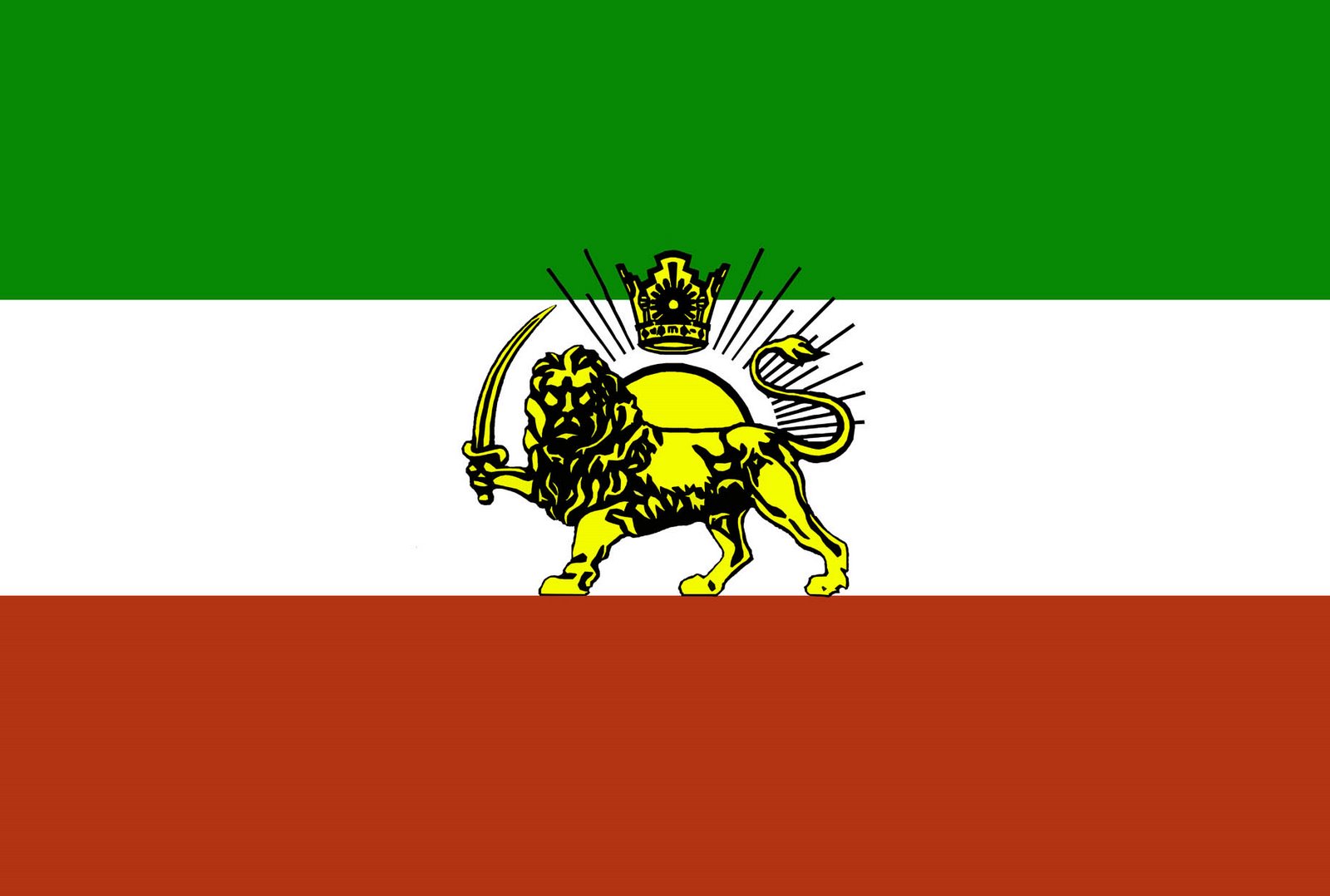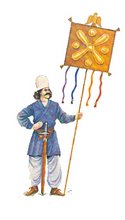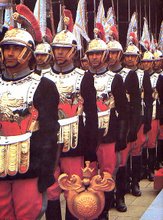Arvin Khoshnood, one of the founders of the "Association for Democracy in Iran" (the main website is in swedish) has recently had a scientific article published in the swedish publication "Geografiska Notiser". The article is called "The spirit of trade - International trade and democracy in Iran 1980-2006" (article is in swedish).
The article critically evaluates the theory that "more trade leads to improved political freedoms and democracy" in the case of Iran.
Since the formation of the clerical dictatorship in Iran (1979-) the EU's policy has been to increase trade (despite so-called sanctions) in a supposed effort to contribute towards the democratization of the tyrannical clerical establishment. With this in mind the paper analyses whether increased global trade has helped democracy in Iran? whether trade with dictatorships contribute towards more democracy in those countries? and whether more trade with dictatorships is the right way to go?
The theoretical foundation to the EU's trade policy with Iran has been based on the assumption that global trade leads to greater economic prosperity, which helps bring about a larger and more politically knowledgable middle class, who then will engage in championing the cause for democratization and pressuring the dictatorship into making concessions > nurturing the establishment of democratic foundations. However, the economic prosperity and successive formation of a middle class is not so much reliant on the amount of trade but more so on how wealth (generated by increased trade) is distributed fairly amongst the society - if there is an unequal distribution of wealth then a formation of a significant middle class will not come about but instead the wealth will become concentrated amongst the dictatorial state or an elite group of people.
The paper concludes that in Iran's case increased international trade has led to increased political and social repression. Freedoms have become more limited and human rights have deteriorated. This is explained by the inequalty in the spread of wealth amongst the populace. The worsened democratic situation and the increased poverty have both happened under the period when the so-called "reformist" and "conservative" camps of the regime have been in power. Furthermore the economic wealth accrued due to increased trade has gone to the clerical regime which controls more than 80% of Iran's economy. Additionally given that oil is state-owned and makes up a major part of Iran's international trade the money from this trade goes directly into the pockets of the Islamic regime and goes towards funding its various repressive apparatuses that crack down on pro-democracy activists.
For Sweden and the EU to uphold any democratic legitimacy in international relations - trade with the corrupt and dictatorial Islamic Republic is not the right way to go.
In a subsequent letter to the swedish Trade Minister Ewa Bjorling, Arvin Khosnood writes that Iran can only begin the path towards democracy with the overthrow of the Islamic Republic and that this can be realized without bloodshed if the clerical establishment looses its sources of funding. This would leave the regime with no money to pay off its repressive forces that crush any anti-regime pro-democracy initiatives and no money to fund international terrorism (the Islamic Republic is the no. 1 state-sponsor of terrorism in the world).










No comments:
Post a Comment